The U.S. Food and Drug Administration (FDA) has slapped a Marketing Denial Order (MDO) on Fontem US’s myblu Menthol 2.4% e-cigarette. This means that the product mustn’t be sold or advertised in the U.S.
Furthermore, this step mirrors the FDA’s recent stance on Esco Bar and Elf Bar imports, pointing to an overarching regulatory tightening on e-cigarettes. However, what does this mean for adult vapers who prefer these flavors?
The FDA’s Regulatory Framework and Its Effects on Adult Vapers
Taking a look at the FDA’s regulatory approach, its stringent oversight has led to various measures, including the recent myblu MDO and detention orders against Esco Bar and Elf Bar imports. Additionally, its issuance of 189 warning letters to retailers demonstrates its goal of enforcing stricter regulations on the e-cigarette industry.
Although these measures are implemented to safeguard public health, there is another aspect to consider; these regulations affect adult vapers, especially those who have transitioned from conventional tobacco smoking to flavored e-cigarettes.
Most e-cigarette users prefer flavored alternatives over tobacco-flavored products. However, with the FDA authorizing only 23 tobacco-flavored e-cigarette products for legal sale, the range of options for adult vapers shrinks significantly. This scenario could be more challenging for adult vapers who, unlike youth, are legally permitted to use these products.
The FDA’s emphasis on preventing youth vaping neglects the needs and preferences of adult vapers. This raises the question of whether the strict regulations genuinely benefit public health, or favor the interests of major tobacco companies.
Is There an Underlying Bias in the Tobacco Industry?
As we delve into the FDA’s tobacco regulatory decisions, we can’t help but wonder if there’s a bias in favor of traditional tobacco companies compared to the emerging e-cigarette industry.
For instance, considering the recent marketing denial for the myblu Menthol e-cigarette product, it’s interesting to note that the FDA has only authorized a small number of tobacco-flavored e-cigarette products for sale. The broad spectrum of flavors that e-cigarettes usually offer is being compressed down to the traditional tobacco taste, aligning closely with what traditional tobacco companies have been offering for decades.
Additionally, the FDA has taken strong measures against the importation of Esco Bar and Elf Bar products and has issued multiple warning letters to retailers. This demonstrates a strong effort to regulate a sector that provides a less harmful alternative to conventional cigarettes.
While the FDA’s protective stance towards youth is indeed commendable, one must question if it inadvertently creates an environment favoring big tobacco companies.
After all, in a market limited to tobacco flavors, wouldn’t traditional cigarettes naturally have the upper hand? This potential bias could have significant implications on the industry’s landscape, adversely impacting adult vapers’ choices and experiences.
A Closer Look at FDA’s Marketing Denial on myblu Menthol E-cigarette
Myblu’s Menthol 2.4% e-liquid cartridge fell short of satisfying the FDA’s public health standards, resulting in a Marketing Denial Order (MDO). The company, Fontem US, LLC, is now prohibited from marketing or distributing the said product within the United States, or else they risk enforcement action by the FDA.
The primary reason for the denial is the lack of sufficient scientific evidence that could convincingly demonstrate that the menthol-flavored product could provide an added benefit for adults who smoke.
Moreover, this incident is not an isolated event in the larger picture. It is worth noting that myblu products have been previously denied marketing rights before. In fact, last year, the FDA issued MDOs to Fontem US for various other myblu products, which are currently still under litigation.
The implications are profound for adult vapers because they are the ones who stand to lose from these denials as they look for flavored alternatives to traditional tobacco. Therefore, is there a middle ground that can be reached that ensures youth protection without unduly impacting adult vapers?
FDA’s Regulatory Decisions: Youth Protection or Restricting Adult Options?
At the heart of the FDA’s strict regulation of vaping products lies a stated intent to protect the youth. However, one can’t help but wonder if this well-meaning drive might overshadow adult vapers’ interests.
As it stands, the FDA’s standards allow for the marketing of only 23 tobacco-flavored e-cigarette products, a stark contrast to the vast array of flavors enjoyed by adult vapers.
This all stems from the 2009 Family Smoking Prevention and Tobacco Control Act, which gave the U.S. Food and Drug Administration the authority to regulate the manufacturing, marketing and sale of tobacco products.
The rules are indeed designed to prevent the youth from picking up vaping habits, but they also heavily restrict adult vapers’ options. Moreover, the unfortunate consequence of these policies is that they affect those it wasn’t necessarily designed to protect: legal-aged smokers seeking an alternative to traditional cigarettes.
By emphasizing youth protection, the FDA’s regulatory stance risks losing sight of a significant aspect: adult vapers’ rights to choose and enjoy a variety of vaping flavors. Hence, while youth protection is crucial, it’s equally important to consider the impact these decisions have on adults who enjoy vaping.
Conclusion
The balance between public health protection, adult vapers’ rights, and regulatory scrutiny remains a complex issue in the vaping industry. The case of myblu Menthol E-Cigarette brings this into sharp focus.
While the FDA’s intentions to protect the youth are commendable, the implications for adult vapers cannot be overlooked. There are lingering questions surrounding the FDA’s regulatory actions, with concerns of potential bias towards traditional tobacco companies.
As the vaping industry continues to evolve, it’s clear that navigating these challenges requires an approach that not only safeguards the young but also respects the choices of adult vapers.



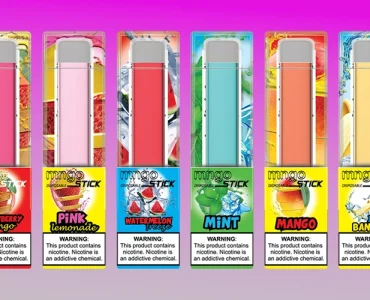

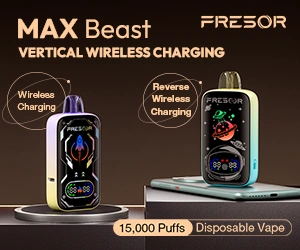
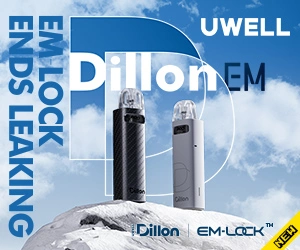
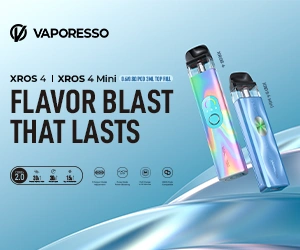
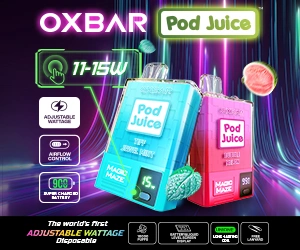
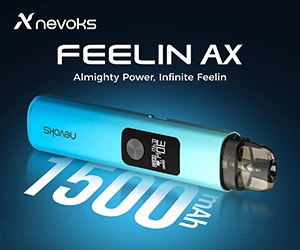
Add comment